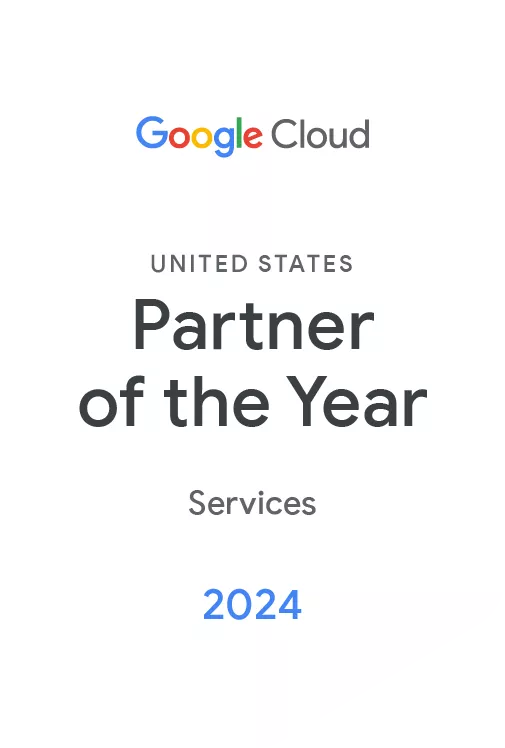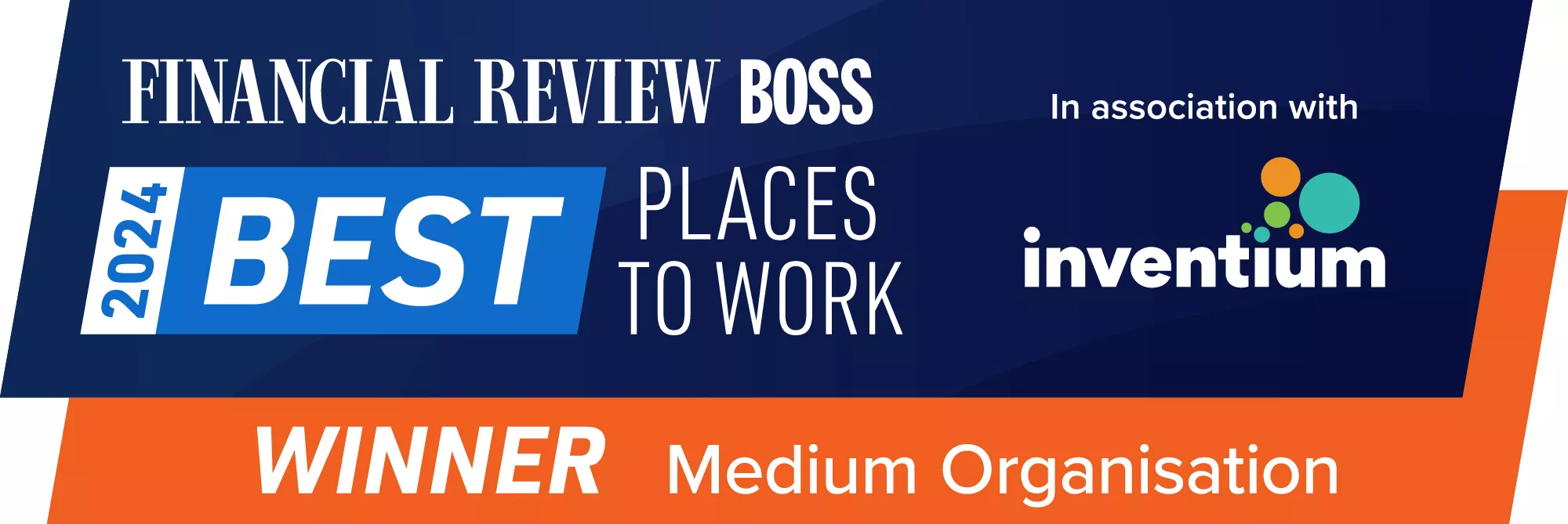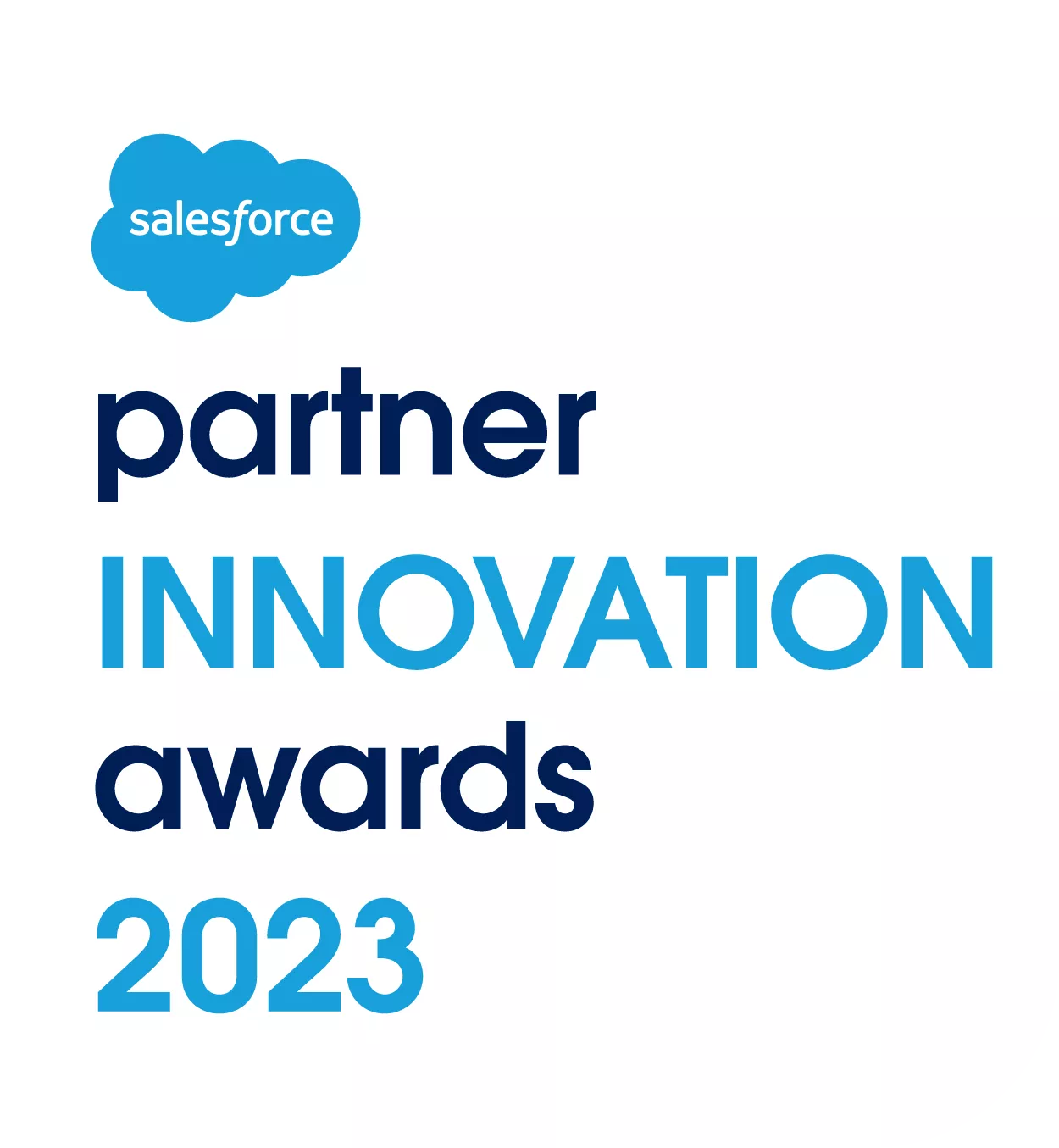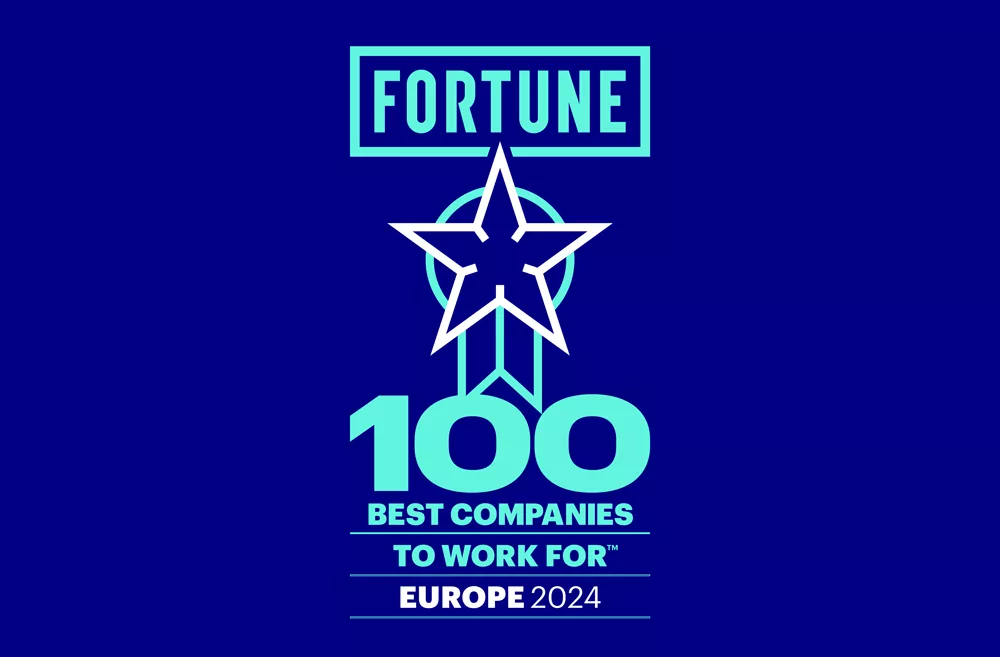Our strategic vision is to be the first in our industry to lead with bringing more and delivering outcomes as we work to become the world’s most customer-obsessed and employee-empowered services company.
10K+
Interconnected team members
700+
Technology partners
52
Local offices
How we’re different
By putting people first at every turn, we’ve evolved a consulting experience like no other. We work to deeply understand your “why” and deliver practical, end-to-end solutions. From the best strategists to the most talented engineers and everyone in between, our team members drive actionable results and long-term impact.

















